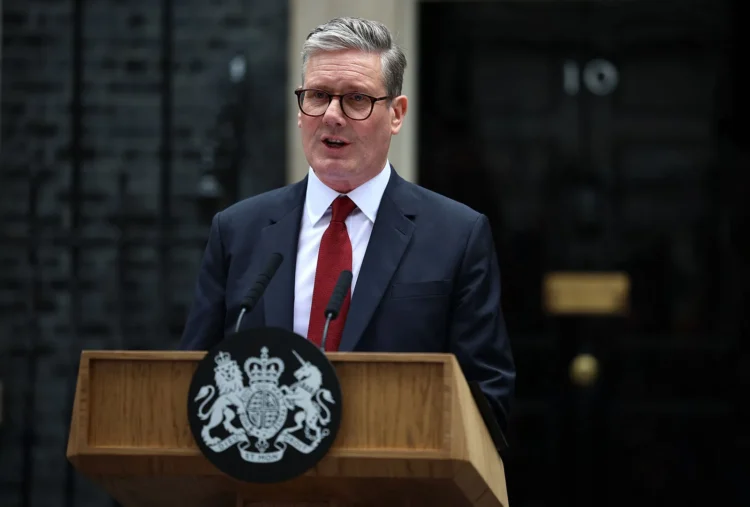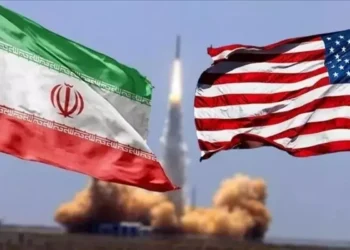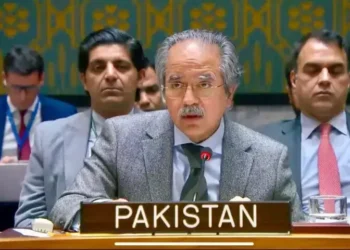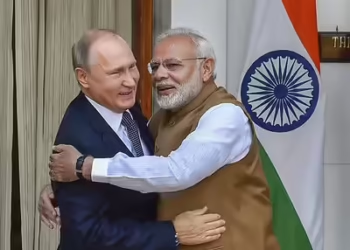ISLAMABAD (Web-Desk); British Prime Minister Keir Starmer has informed his cabinet that the United Kingdom is prepared to formally recognise the State of Palestine by September unless Israel demonstrates clear steps toward ending its military offensive in Gaza and committing to a viable peace process.
Following an emergency cabinet meeting on Tuesday, a government statement revealed that Starmer said the UK could announce recognition before the upcoming United Nations General Assembly if Israel fails to implement a ceasefire, abandon annexation plans in the occupied West Bank, and support the path toward a two-state solution.
Reaffirming his position, Starmer stated that there was “no equivalence” between Israel and Hamas, adding that Hamas must release all hostages, agree to a ceasefire, disarm, and refrain from any role in Gaza’s future governance.
The emergency session interrupted ministers’ summer break to deliberate on a European-led peace proposal and to scale up humanitarian aid to Gaza, where UN agencies warn of an impending famine.
Unlike previous UK administrations that linked Palestinian statehood to the “right timing,” Starmer’s government has now attached specific conditions and a deadline—marking a notable shift in policy.
The Israeli government swiftly condemned the UK’s stance, calling it a “reward for Hamas” and warning it would jeopardise ongoing diplomatic efforts. Israel’s Foreign Ministry stated the UK move would damage prospects for any future ceasefire. The last truce, brokered in March, was broken by Israel.
Starmer reportedly discussed the decision with Israeli Prime Minister Benjamin Netanyahu before the public announcement, though no details of their conversation have been disclosed. Meanwhile, former US President Donald Trump denied any involvement, saying he had not discussed the matter with Starmer.
Palestinian Ambassador to the UK Husam Zomlot welcomed the proposed recognition, calling it a significant moral and historical step. He linked it to Britain’s colonial-era role in the Israeli-Palestinian conflict through the 1917 Balfour Declaration. Zomlot emphasized that recognition must be tied to international law and justice, starting with an immediate end to the war in Gaza and accountability for war crimes.
Starmer’s move comes amid increasing pressure from within his own Labour Party. Over half of the party’s backbench MPs have signed a letter urging the government to recognise Palestine as a way to push Israel toward peace. Labour MP Sarah Champion, who led the initiative, said the situation may represent the last real opportunity to secure a two-state solution.
In defending the timing of the recognition, Starmer said the worsening crisis in Gaza and the diminishing prospects of a two-state solution drove the decision. “It’s now or never,” he said, calling the situation “intolerable.” He added that recognition of Palestine will be part of a broader eight-point peace plan coordinated with European allies.
Last week, French President Emmanuel Macron also announced plans for France to recognise Palestine, following similar declarations by Norway, Spain, and Ireland.
However, critics, including Al Jazeera analyst Marwan Bishara, questioned the sincerity and substance of these declarations. He accused Western leaders of enabling Israel’s military campaign in Gaza while offering only symbolic gestures. Bishara also raised concerns over the lack of clarity on what exactly is meant by a Palestinian state — whether it refers to full sovereignty over all 1967-occupied territories, including East Jerusalem, or a fragmented version with limited authority.
Source: Al Jazeera and news agencies



































































